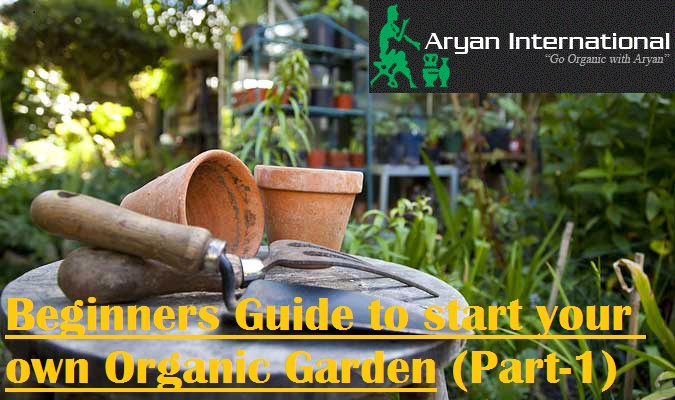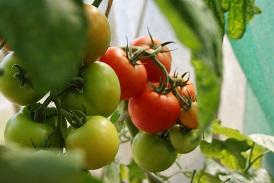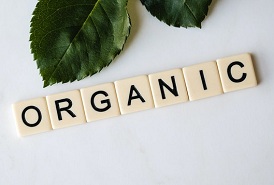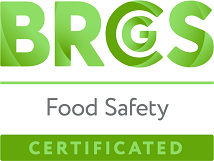

Beginners Guide to start your own Organic Garden (Part-1)
In spite of the benefits like that you will eat healthy food and end up saving a bit of money, if you are into gardening and planning to turn your backyard into a small organic garden, well the good news for you is that there are a lot more advantages of having your own organic garden such as by doing so you will become one of the savior of our planet as you are not only benefiting yourself with organic gardening, but also contributing to the environment by reducing the use of pesticides, fertilizers and harmful chemicals that end up polluting it. So, as the title says, this blog is for those who loves gardening and wants to grow some organic food products for themselves in their free terrace or backyard space but have no idea where to begin with, don’t worry, I have some very useful and great tips for you to start with:
Plan
For the success of every initiative, good planning is necessary. Having a plan beforehand is always better as you will know in advance how you will execute each and every stage and you will be prepared in advance for unexpected things which will lead to efficiency in work. To start with Organic gardening, first make the decision that which crops you want to grow. This depends upon the climatic conditions of the area in which you live, your preference for the crop you would personally like to grow, prices for that particular crop in your local market (as if the prices of a particular fruit are very high in your local market, it would be a good idea to grow it yourself than buying it), etc. Take a survey of your area, go to local farms and gardens and talk to people to find out which crops grows best in the given climatic conditions and soil of your area.
Start small
After deciding which crops you are going to grow, evaluate the space you have for organic gardening, in accordance to which your budget will be. For beginners, I would suggest starting small even if you have a bigger space for gardening. You might think it will not be that hard, but believe me, in excitement, you may end up growing too many numbers of plants and might not able to give proper time that they require for maintenance, as a result, your backyard will turn into an organic degradation facility. It’s simple, the more crops you are going to grow, the more money, maintenance and constant care they will require. Also, as you are growing crops for your personal consumption, growing a large number of crops means huge output and if you can’t consume it, it will get wasted, except if you want to go door to door in your neighbourhood and give them some veggies for free. So being an amateur, start with a maximum 3 to 4 plants. Hire someone on a contract basis to create some pots of different sizes and raised beds in the area you are planning to do gardening. It will be maximum one day work. Remember, at start your aim is to experience and learn. And rather than growing more plants simultaneously, you can diversify your yield by growing crops, according to the seasons like broccoli, peas, cabbage, spinach, parsley in the spring season, beans, corn, eggplant, melons in summer season, and beets, carrots, cauliflower in winters.














